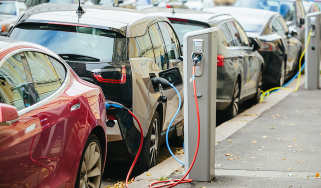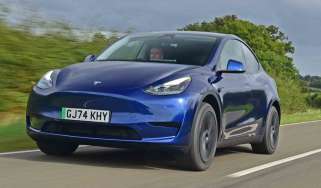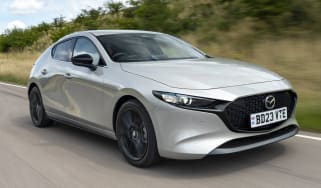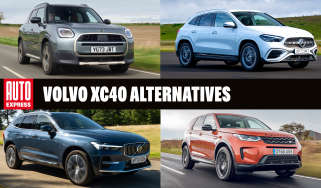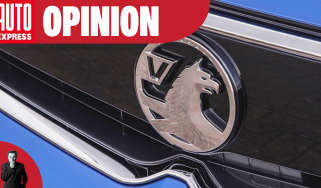Nissan plots “electric car game changer” with solid state batteries due on sale in 2028
Nissan is setting its stall out to become a market leader in solid state batteries, a technology that could transform the global EV market
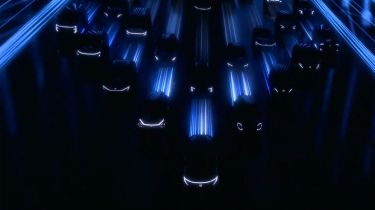
Nissan says it's well advanced in the race to introduce solid state batteries to production cars, a move that could be revolutionary for EV range and cost.
The Japanese giant has been developing solid state batteries since 2018, with the technology having the potential to address many of the key barriers to widespread electric car uptake by consumers. Now it says development cars will be on the road in 2026 with a view to the first production car going on sale in 2028.
Nissan was an electric car trailblazer in 2010 when it launched the world’s first mass produced EV in the shape of the Nissan Leaf. It's lost ground in the years since, but sees solid state batteries as a way of closing the gap to the likes of Tesla and BYD.
Speaking to Auto Express on solid state batteries, Matthew Wright, Nissan Europe’s vice president of powertrain engineering said: “They're going to be a game changer. Charging speed is better, energy density is better, which means you get a smaller battery with the same energy. It addresses one of the problems you've got with EVS, at the moment - the fact batteries make your car heavy.”
Wright also explained that despite challenges in the production of solid state batteries, including the need to rigorously control cleanliness and air moisture levels in the production environment, they have the potential to be significantly cheaper than current lithium-ion cells. A further benefit is less reliance on rare earth metals, the mining and processing of which present their own ethical and environmental issues. Nissan also says that solid state batteries have the capacity to charge up to 50 per cent faster than lithium-ion equivalents.
As for how Nissan will deploy its solid state batteries from 2028 onwards, Wright says they will first appear in “a Japanese produced vehicle”. Asked if it would be fitted to a brand new model or added to an existing EV, such as the next Nissan Leaf, thought to be due in late 2025, he said: “We're doing solid state in trials in 2026 and in production in ‘28, right? So yeah it would tally with that.”
“Once we've got it, it will be about how we manage that and get them into current production vehicles, but it might be that actually, you want to put it on the new vehicles”.
The future of e-Power
Nissan’s broader plan as the switch to electrification gathers pace is to use its novel e-Power hybrid technology as the stepping stone from mild-hybrid to full EVs. Wright doesn't see plug-in hybrids as viable long term. “We don't see a plug-in hybrid as an option. To be honest, the way the regulation is changing. The benefit you get today from CO2 is going to disappear in 2025 and 2027.”
Instead, the brand is developing the second generation of its e-Power powertrain, a system that uses a petrol engine as a generator to power a battery and electric motor combo that drives the wheels. It delivers a more EV-like driving experience than conventional hybrids, which need to shuffle between power sources. It’s currently available in Nissan's Qashqai and X-Trail SUVs.
The second generation of e-Power will offer more performance and efficiency with Nissan aiming for 20 per cent improvements in each. “We want to actually increase the power,” added Wright. “ We obviously want to improve the fuel consumption and CO2, and we're trying to bring the cost down so it gets to a similar level to the ice engines.”
Long journey ahead? These are the longest range electric cars on sale...


